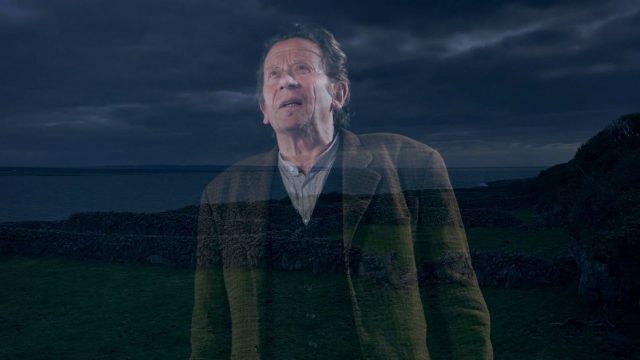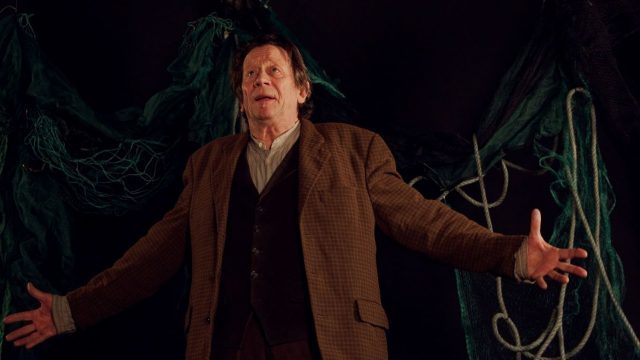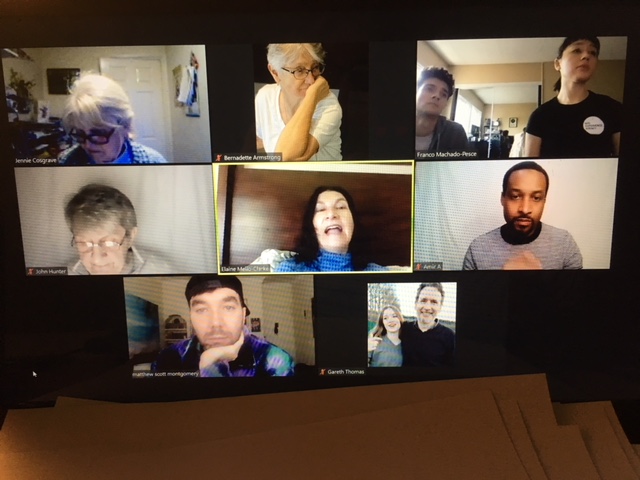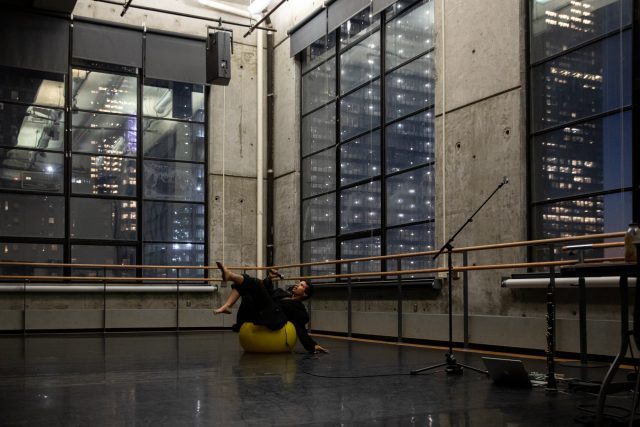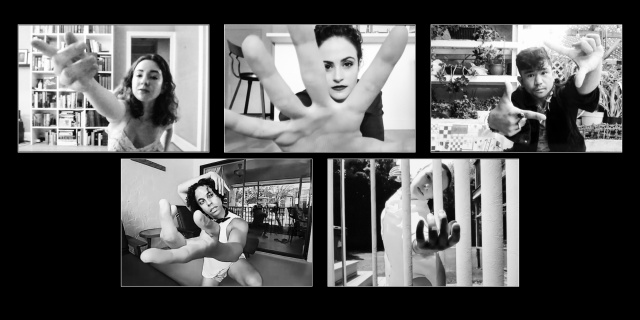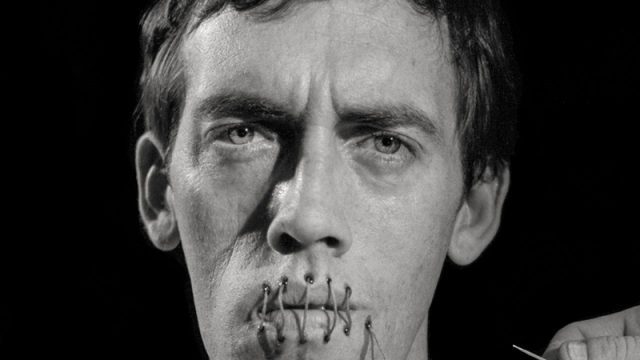NINA WU (Midi Z, 2019)
Museum of the Moving Image Online Retrospective
March 26 – April 11, Nina Wu $10, others $5, series pass $30
www.movingimage.us
“I believe a film performance should be natural,” a woman casting director (Hsieh Ying-Xuan) tells actress Nina Wu (Wu Ke-Xi) at an audition in Midi Z’s harrowing psychosexual thriller Nina Wu, streaming through April 11 in the Museum of the Moving Image online retrospective “Six Films by Midi Z.” Nina then delivers the key lines from the script, the first of several times she recites them through the film: “I can’t bear it any longer. I really can’t take it anymore. They’re not only destroying my body . . . but my soul. Take me with you. Wherever you go . . . Only when I’m with you . . . can I be free.”
Her deep pain is palpable as she struggles every time she says those words, but each time we hear them it’s subtly different as we learn more about her situation. The film thoroughly blurs the boundaries between fantasy and reality: Wu Ke-Xi wrote the screenplay, inspired by actual events that happened to her as well as abuses by industry figures such as Harvey Weinstein and Bill Cosby that led to the #MeToo movement. Myanmar-born Taiwanese director Midi Z has gone back and forth between fiction films and documentaries in his career, and here he also includes dream sequences and faulty memories that are both frustrating and beguiling, melding with Nina’s conception of reality. In an elegantly designed scene in the film within a film, one that requires numerous takes, we see the track on which the camera pulls back, revealing the inner workings of cinema, reminding us we are watching a movie but also making us consider whether this camera belongs to Midi Z or the onscreen director (Shih Ming-Shuai) and whose view we are sharing.
Nina has spent the previous six years primarily acting in short films, fearful of being asked to do things she doesn’t want to do in feature films, primarily nudity. Her agent, Mark (Lee Lee-Zen), has landed her an audition for a major film that could be her breakthrough, but she is uncertain because of a three-way sex scene. She ultimately gets the role and heads off to Taipei, but she doesn’t want to leave her roots behind in the small rural community where she grew up; she tries to keep in touch with her closest friend, Kiki (Sung Yu-Hua), and helps out her parents (Cheng Ping-Chun and Wang Chuan), who are having business problems. Meanwhile, she is being stalked by a mysterious young woman (Hsia Yu-Chiao) for unknown reasons. The story zigzags between the past and the present, replaying scenes from multiple points of view, creating too much confusion in the second half until a shocking ending explains it all.
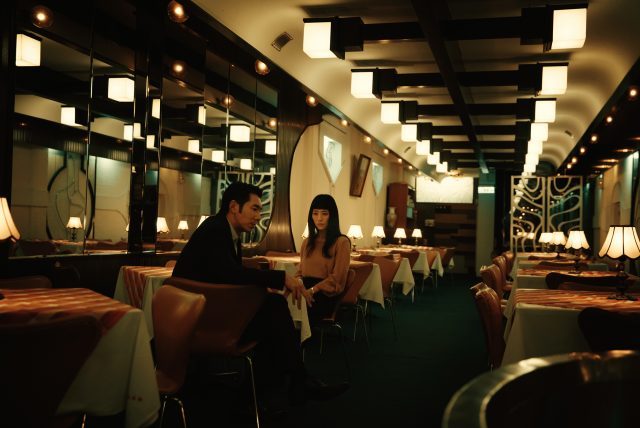
Nina Wu (Wu Ke-Xi) considers an offer with her agent (Lee Lee-Zen) in Midi Z’s psychosexual thriller
Nina Wu, which screened in the 2019 Cannes Un Certain Regard competition, looks fabulous, gorgeously photographed by Florian J. E. Zinke, with stellar production design by Kuo Chih-Da and costumes by Jelly Chung and Chan Cheuk-Ming, anchored by a stunning red dress in which Nina appears often. Wu, who also starred in Midi Z’s other fiction films, The Road to Mandalay and Ice Poison (Bing du), gives a heart-wrenching performance as Nina, who suffers and/or witnesses abuse at the hands of the director and producer (Tan Chih-Wei) as she tries to keep her life and career in balance. She’s walking a fine line that can be disturbing to watch, but that is part of the point. The harassment Nina experiences stings, making us want to look away, but we just can’t. Midi Z also prominently features the concept of doubling, not only in the repetition of scenes but in the characters themselves, who sometimes appear to be twisted doppelgängers; it’s no coincidence that writer-actress Wu named her protagonist Wu. The doubling makes the audience complicit as well, all of us part of a misogynistic system with a reprehensible legacy.
“Six Films by Midi Z” continues with 14 Apples, The Road to Mandalay, City of Jade (Fei cui zhi cheng), Ice Poison, and Return to Burma (Gui lái dí rén), along with two prerecorded interviews, one with Jessica Kiang in conversation with Midi Z and Wu Ke-Xi about Nina Wu, the other with Midi Z and Jeff Reichert focused on the director’s entire oeuvre.
